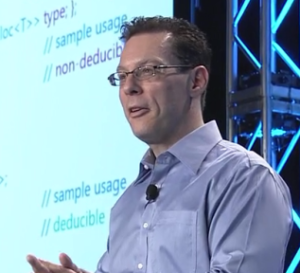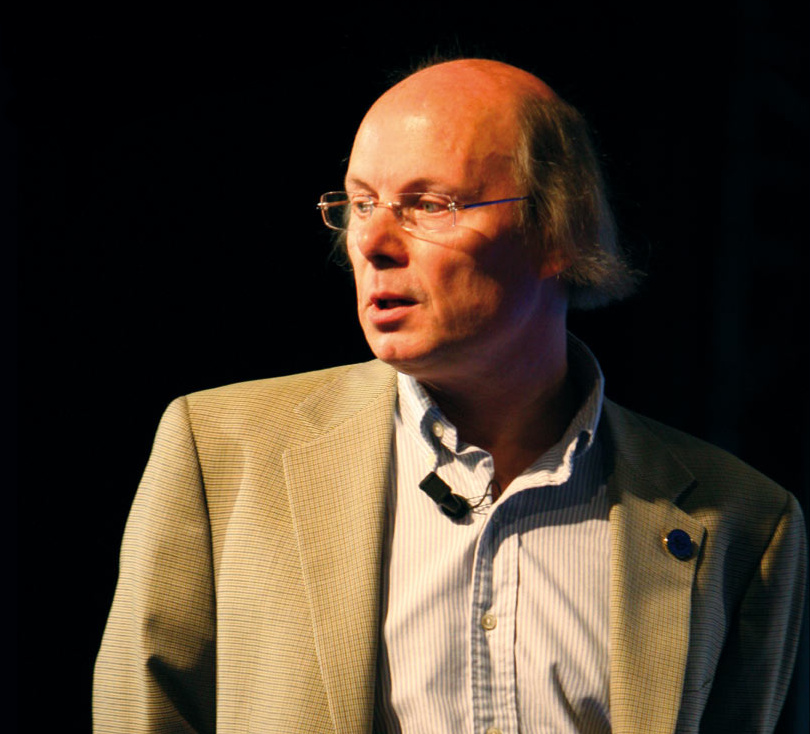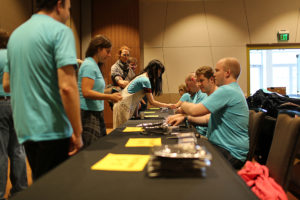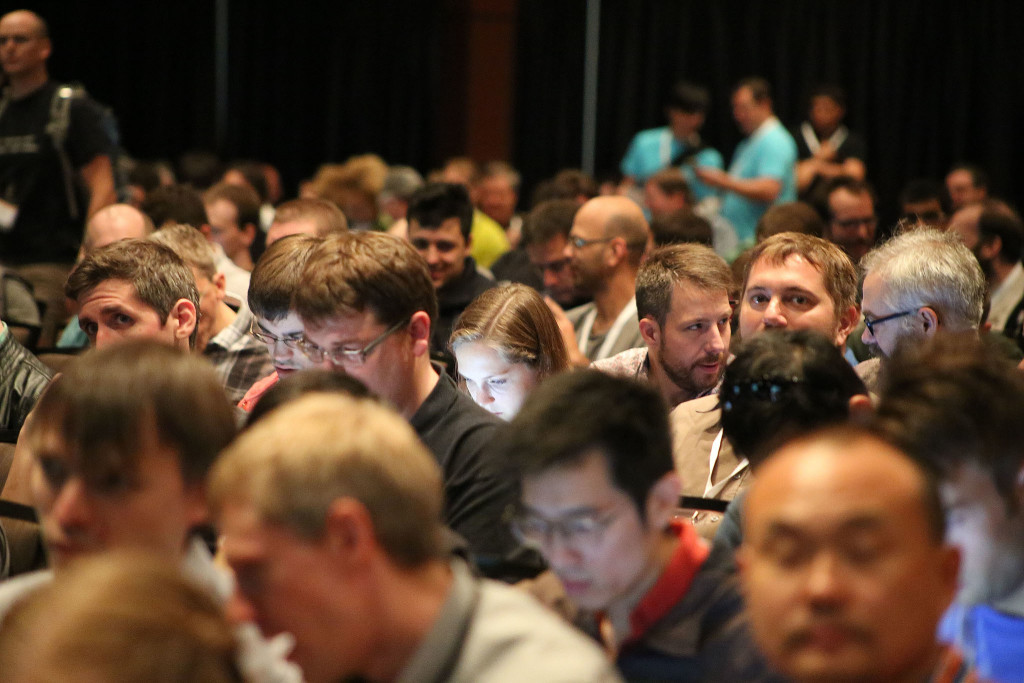 The program for CppCon 2018 is now live!
The program for CppCon 2018 is now live!
We’ll have over 100 regular sessions delivered by the best C++ presenters in the industry, many returning from previous years as well as some exciting new voices. We’ll have six or seven concurrent tracks full of sessions containing C++ best practices and what you need to know about C++17 and even what is planned for C++20.
In addition to the main program, we’ll have panels, lightning talks, Open Content talks, BOFs, author signings, exhibitors, standards committee meetings, community social events, workshops, classes, and some awesome headline speakers. Watch the attendee video from last year to get a hint of what you’ll see this year.
Our closing panel, moderated by Matt Godbolt of Compiler Explorer, will feature representatives from Google, Microsoft, and Red Hat discussing the Spectre vulnerability and how the industry is addressing it.
Most of the program is published, but we are still working a few surprises, so keep checking back.
We’d like to thank the Program Committee, our speakers, and the many professionals who proposed talks which we, unfortunately, just couldn’t squeeze in this year. Thank you for your hard work and enthusiastic support for this year’s program!
2018 is a great year for C++! Register here to join in Bellevue and discover why!
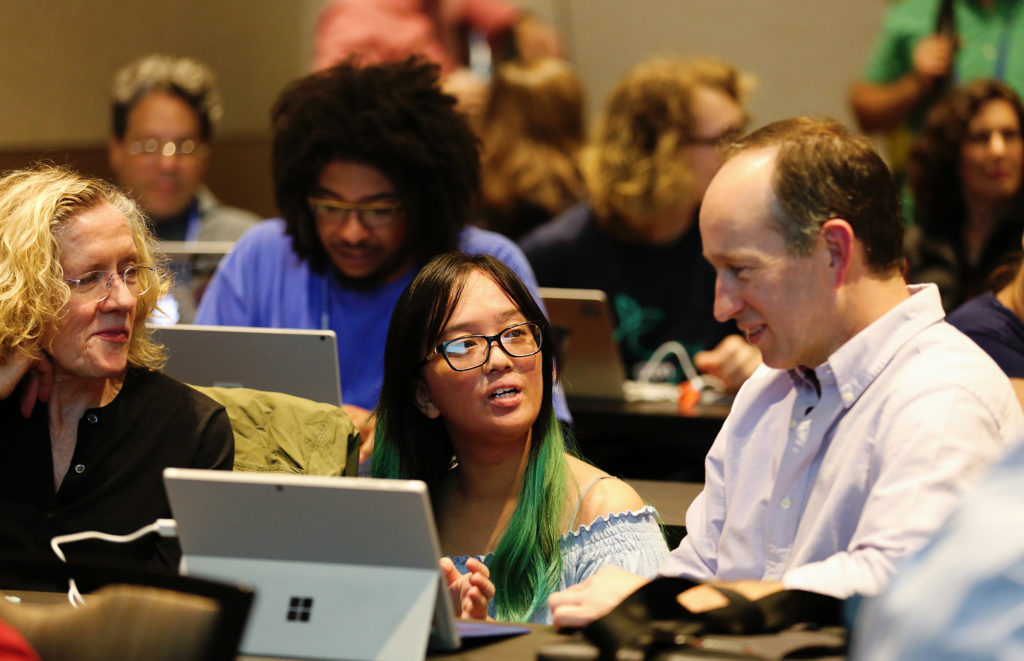

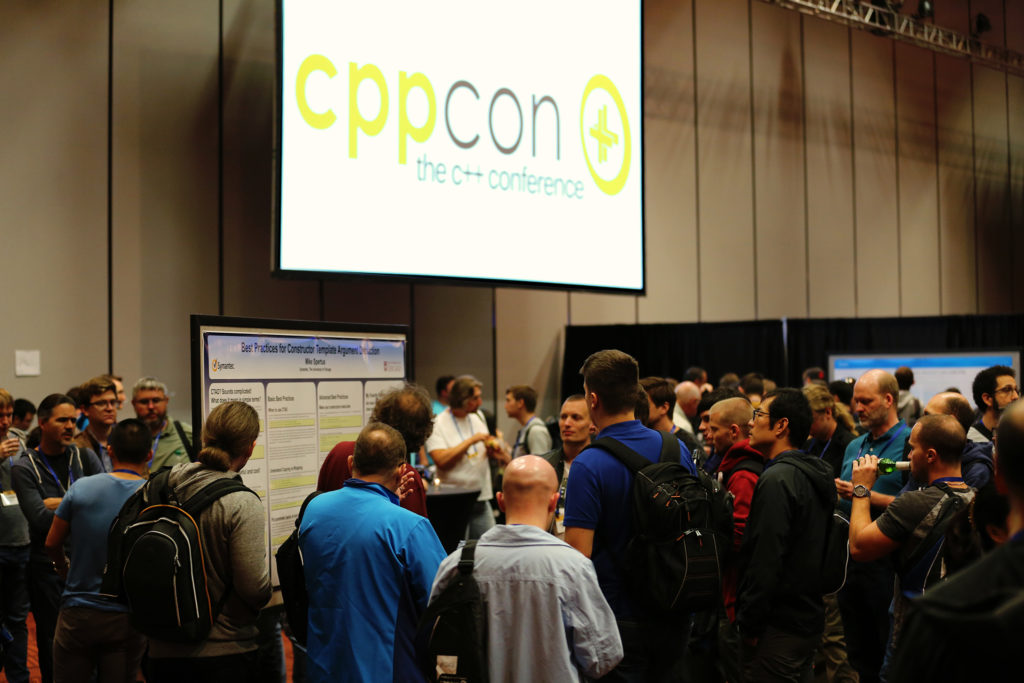
 Academy award-winner, Mark Elendt will be giving his first CppCon talk on Patterns and Techniques Used in the Houdini 3D Graphics Application.
Academy award-winner, Mark Elendt will be giving his first CppCon talk on Patterns and Techniques Used in the Houdini 3D Graphics Application. Less than a week remains for
Less than a week remains for 